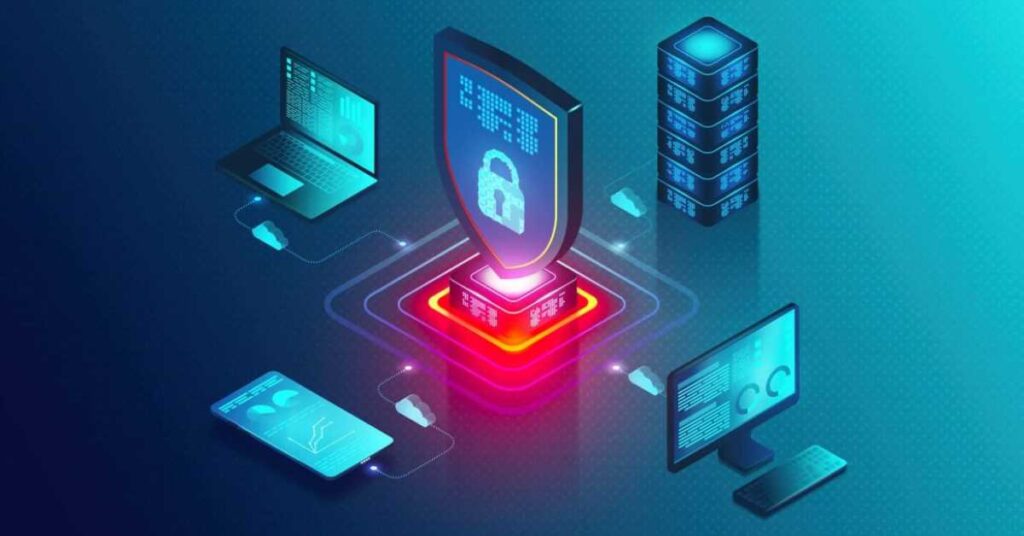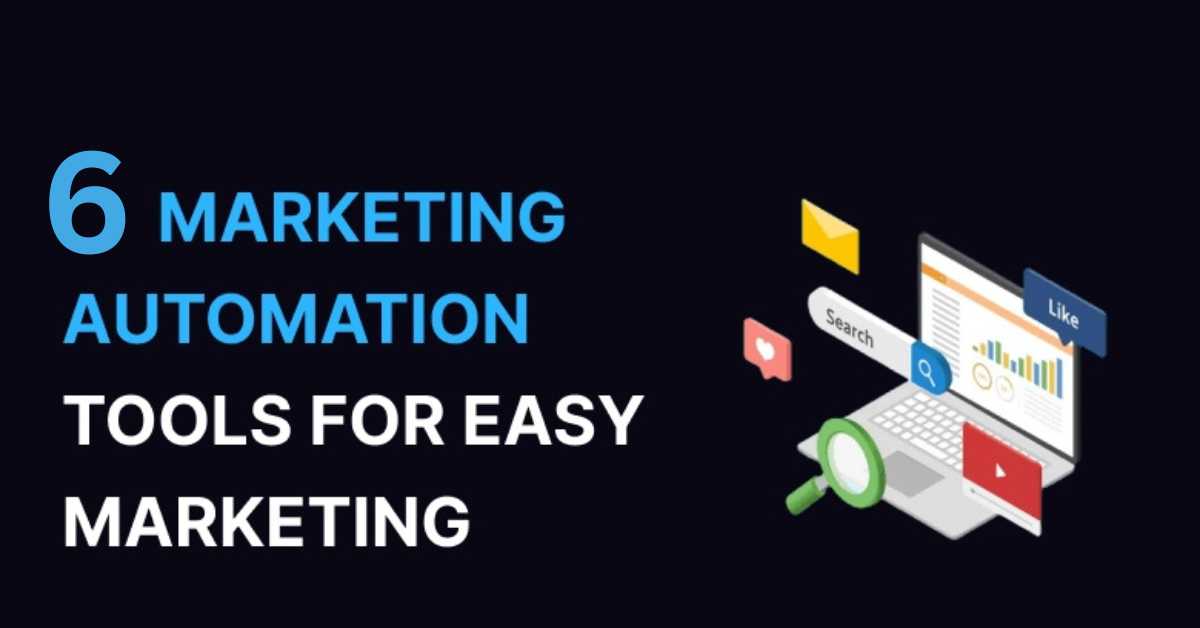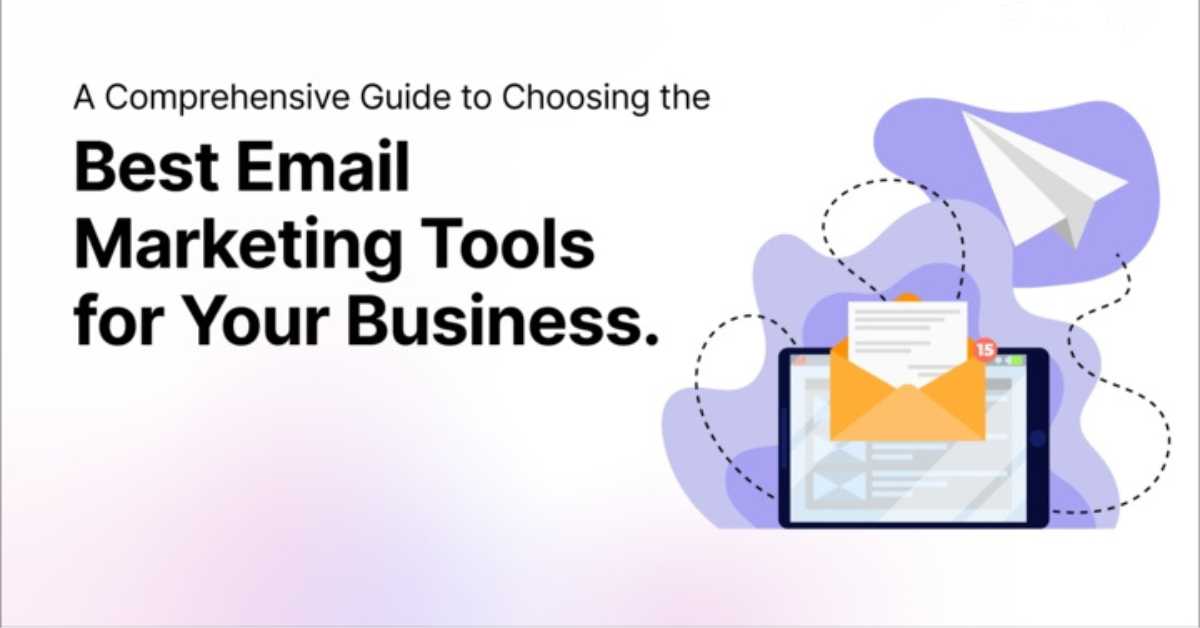Email: [email protected]


Cybersecurity is essential for ensuring business continuity by preventing cyber-attacks that can disrupt operations. A single attack can lead to significant downtime, resulting in financial losses, reputational damage, and legal liabilities. Cybersecurity measures, such as backup systems and disaster recovery plans, ensure that businesses can quickly recover from attacks and maintain operations.
This minimizes the impact of cyber-attacks, ensuring that businesses can continue to serve customers, meet deadlines, and maintain their competitive edge. By prioritizing cybersecurity, companies can ensure business continuity, reduce downtime, and maintain their reputation as a reliable and trustworthy organization.
Cybersecurity is critical for protecting employee personal and financial data, such as Social Security numbers, salaries, and benefits information. Cybercriminals often target businesses to steal employee data for identity theft and financial fraud. Cybersecurity measures, like encryption and access controls, ensure that employee data is secure and accessed only by authorized personnel.
This protects employees from financial losses, reputational damage, and stress related to identity theft. By prioritizing cybersecurity, businesses demonstrate their commitment to employee well-being and maintain trust, fostering a positive work environment and reducing turnover. Effective cybersecurity strategies safeguard employee data and reputations.
Cybersecurity measures are essential for preventing ransomware attacks, which can encrypt business data and demand payment in exchange for decryption. Ransomware attacks can result in significant financial losses, reputational damage, and operational downtime. Cybersecurity strategies, such as regular backups, patch management, and employee education, help prevent ransomware attacks by reducing vulnerabilities and detecting suspicious activity.
Additionally, implementing security software and incident response plans can minimize the impact of an attack. By prioritizing cybersecurity, businesses can avoid paying ransom demands, maintain control over their data, and ensure continuity of operations. Proactive measures can mitigate the risk of ransomware attacks.
Cybersecurity is vital for protecting customer data, including personal information, financial details, and purchase history. Businesses have a responsibility to safeguard customer data, and cybercriminals often target companies to steal sensitive information for financial gain. Cybersecurity measures, such as encryption and secure databases, ensure that customer data is protected from unauthorized access.
This builds trust with customers, maintains their loyalty, and prevents financial losses and reputational damage. By prioritizing cybersecurity, businesses demonstrate their commitment to customer privacy and security, fostering long-term relationships and reputation. Effective cybersecurity strategies safeguard customer data and trust.
Cybersecurity provides a competitive advantage for businesses by protecting sensitive information, maintaining customer trust, and ensuring operational continuity. Companies that prioritize cybersecurity demonstrate their commitment to customer privacy and security, setting them apart from competitors. By investing in cybersecurity, businesses can attract and retain customers, partners, and top talent, ultimately driving revenue and growth.
Effective cybersecurity strategies also enable companies to innovate and expand into new markets, further solidifying their competitive position. In today’s digital landscape, cybersecurity is a critical differentiator that sets industry leaders apart from their peers. Prioritizing cybersecurity is essential for long-term success.
SEE ALSO: Cybersecurity Threats: How to Protect Your Business.












To provide the best experiences, we and our partners use technologies like cookies to store and/or access device information. Consenting to these technologies will allow us and our partners to process personal data such as browsing behavior or unique IDs on this site and show (non-) personalized ads. Not consenting or withdrawing consent, may adversely affect certain features and functions.
Click below to consent to the above or make granular choices. Your choices will be applied to this site only. You can change your settings at any time, including withdrawing your consent, by using the toggles on the Cookie Policy, or by clicking on the manage consent button at the bottom of the screen.
